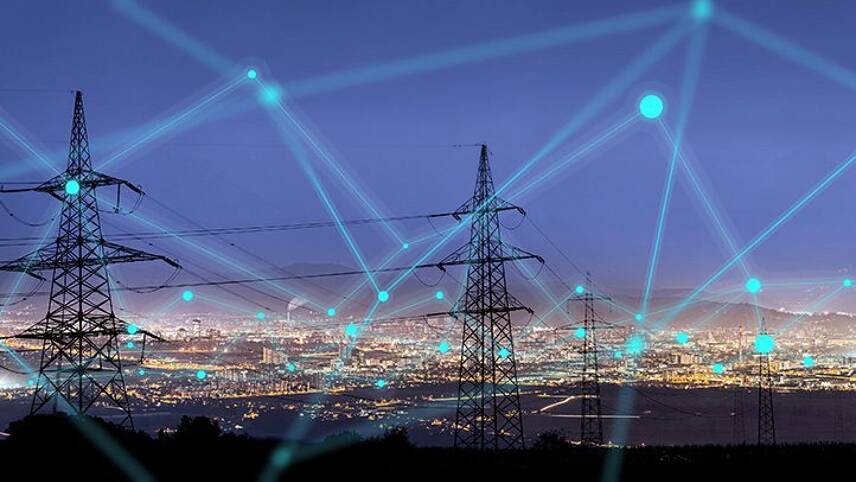Register for free and continue reading
Join our growing army of changemakers and get unlimited access to our premium content

The report argues that “dynamic” carbon monitoring would be complemented by a new carbon standard that should be introduced across all parts of the economy
A new Government-issued report from the Energy Digitalisation Taskforce has outlined a set of recommendations that would enable the digitalisation of the energy market that would outline truly low-carbon and flexible solutions while improving customer and consumer trust and transparency in a sector that is currently contributing to the cost of living crisis.
The Taskforce’s report – commissioned by the Government, Ofgem and Innovate UK – claims that there is an opportunity to “deeply digitalise” the energy system that will soon need to manage millions of new assets on the system, such as EVs.
the Taskforce – which is run by Energy Systems Catapult and chaired by Laura Sandys CBE – also calls for a mandate on carbon data monitoring that would improve visibility and understanding of the carbon impacts of an array of energy-related technologies and innovations. The report argues this would help inform future policy as the UK builds towards its net-zero target for 2050. It also argues that “dynamic” carbon monitoring would be complemented by a new carbon standard that should be introduced across all parts of the economy.
Laura Sandys, chair of the Energy Digitalisation Taskforce and non-executive director at Energy Systems Catapult, said: “Digitalisation is no longer a nice to have – it’s essential in decarbonising Britain’s energy system, and will need deeply embedding into our energy system if we’re to meet our ambitious and legally-binding Net Zero targets. Without digitalisation the system will not be able to manage the growing complexities of a decarbonised system. The Taskforce’s recommendations aim to accelerate the journey to a digitalised, flexible and affordable energy system, and will unlock new business models, change existing functions and should deliver customers a new experience of energy.
“While many other industries are ahead in embedding digitalisation, the energy sector now has an opportunity to build on best practice and innovate with reduced risk and uncertainty. It’s critical we capture these opportunities to unlock the opportunities and innovation that digitalisation can offer – as we have seen in other sectors.”
Energy crisis
Millions of UK households are set to see their energy bills surpass £2,000 this year, largely due to the skyrocketing costs of gas imports. At the same time, food prices are rising and changes to income tax could leave many low and middle-income homes paying up to £3,000 extra annually.
The energy price crisis, in particular, has opened a fierce debate among MPs and businesses about how best to respond, with some arguing that we should produce more gas domestically and scrap green levies on bills, and others arguing that this approach is too short-sighted and ignores the root causes of the problem.
The UK has moved to champion flexibility. Statistics revealed that 2021 broke a “network flexibility” record, with contracted smart energy solutions and grid flexibility up 45% compared to annual levels from 2020.
Energy and Climate Change Minister Greg Hands said: “By harnessing the power of smart and digital technologies we can modernise our energy system, helping improve customer experiences and deliver a net-zero future.
“This report helps us better understand how a digitalised system can benefit consumers and the economy as well as the steps needed to get there.”
Matt Mace


Please login or Register to leave a comment.